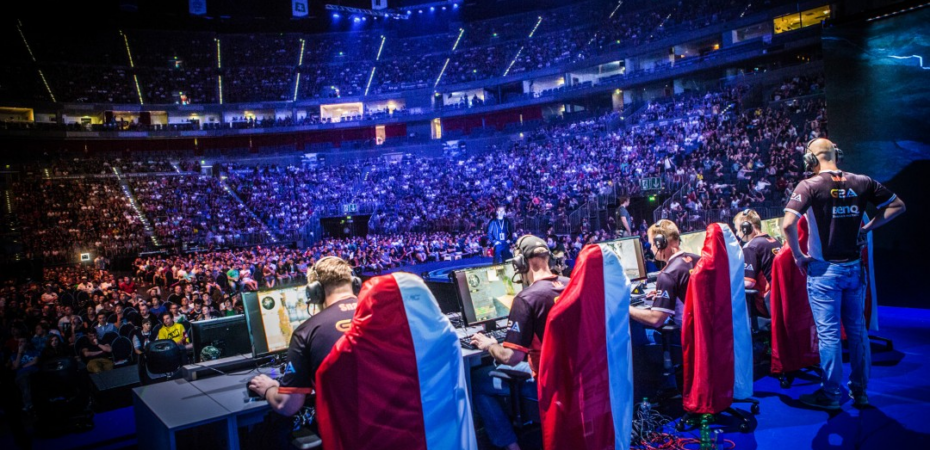It is hard to say that esports betting can ever overtake the industry of professional sports betting, but it is on the rise thanks to offshore sportsbooks embracing classic games like League of Legends and Counter-Strike 2 as they offer full-fledged esports betting hubs with markets for moneyline, spread, and prop picks.
Many travelers in Spain are discovering padel, a fast-growing racket sport that’s become a local favorite – and yes, Padel betting is catching on too!
But it certainly is a much different experience to bet on esports than it is to do traditional sports wagering. Let’s highlight some of those key differences.
Games Evolve Much Faster in Esports
If the NBA decided to use a 16-second shot clock for the playoffs instead of a traditional 24-second clock, that would dramatically change things like the scoring expectations as the games would have way more shots.
Fortunately, NBA rules are more static than that. But with esports, a game’s developer could do a patch or release a software update overnight, and just like that, one of the most dominant teams may be at a disadvantage in this new landscape. Maybe a certain map is no longer offered, which could hurt a team.
Games in esports evolve much faster than professional sports where the rules and strategies are slow to change. You have to keep up with the updates and changing strategies much more in esports.
Different Bettor Demographics
With pro sports betting, there are “sharks” with decades of experience who make the big-money bets that move lines for oddsmakers. But in esports, it’s a much younger crowd. Think tech bros and data nerds. Not people who have been to a horse track or smoked cigars at the casino.
These gamblers know crypto, and they are more data driven and use social media for research. They may also be more emotional gamblers, but it’s a much different group than pro sports gamblers.
But everyone’s welcome in the world of betting.
No Real Offseason
We’re currently in the NFL offseason, meaning a long wait until September for new games to bet on. With esports, the most popular games are basically going on year-round and at all hours of the day given global interest.

There’s basically no offseason in esports. Sure, there are peak moments like tournaments, and there are brief downtimes, but those are more likely to last weeks than months like in pro sports.
This matters a lot because it can have a psychological impact on the gamers, and it can influence bettors to bet daily all year long instead of responsibly managing their bankroll.
Mental Health
In traditional sports, we’re always concerned about physical injuries to athletes. In esports, it’s more about gamer’s mental health, which is impossible to judge from behind their computer screen. We just said there’s no real offseason in these competitive games, so burnout is a factor.

Maybe an upset happened because someone on an established team like FaZe or T1 had a really tough day personally, so they lost to a hungry underdog who knows their only way to get to the top is to win. They’re not making the same money doing this as you can expect more equity in the pros. The motivation can be greater for underdogs in esports.
More Volatile Gameplay
All sports can be unpredictable, but no one’s ever lost an MLB game because the batter started buffering with 2 outs in the 9th inning and struck out. Something as mundane as your internet connection lagging could determine an esports match if someone unexpectedly hesitates and gets smoked.
There’s a lot of skill in esports, and being really good on a particular map in a game can help a team pull off an upset with greater ease than in the pros.


 By
By 





